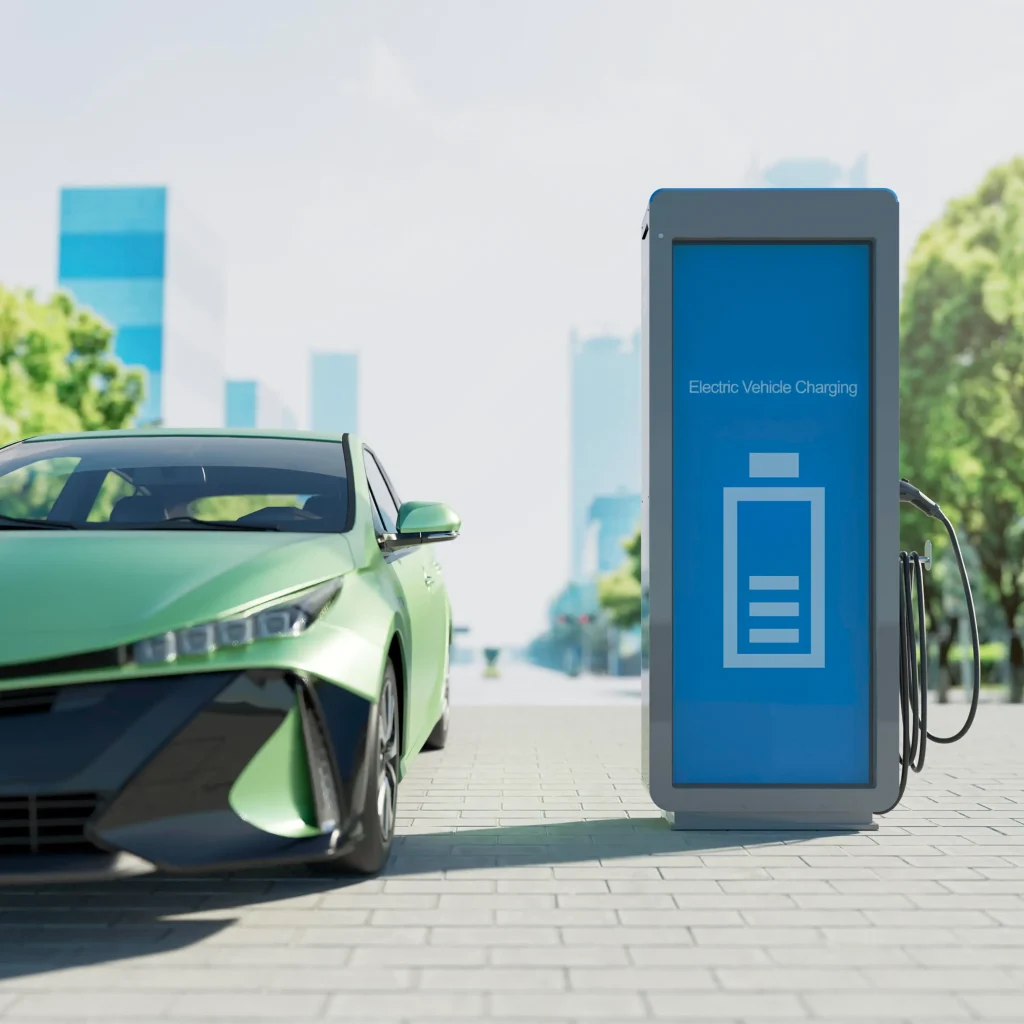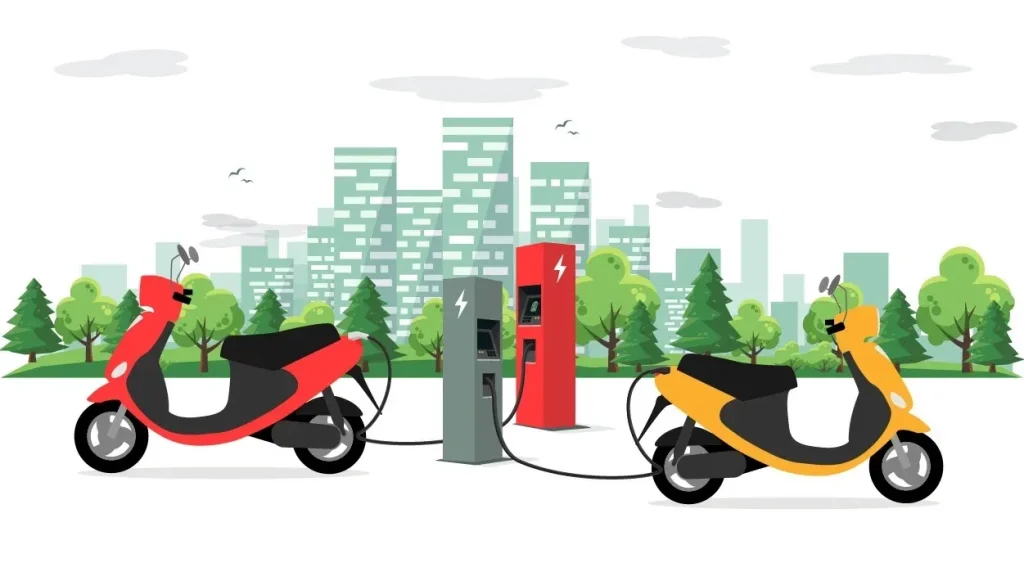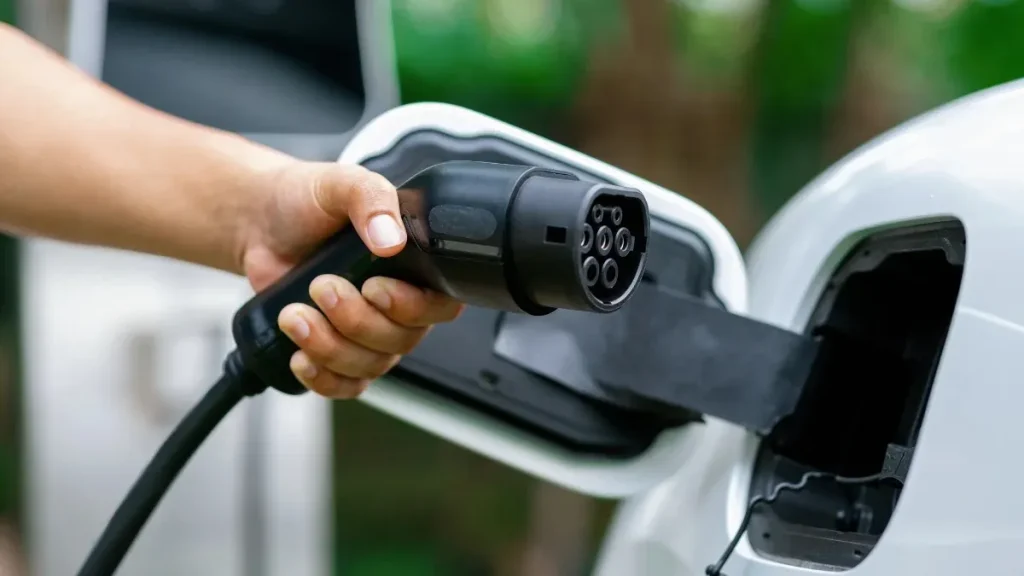Transport and highways minister Nitin Gadkari recently stated that subsidies for electric vehicles (EVs) may no longer be necessary for consumers. Speaking at a green mobility convention, Gadkari emphasised that incentives are becoming less relevant as electric vehicles grow more affordable due to decreasing battery costs and increasing market adoption.

EVs Are Becoming Affordable Without Subsidies
Gadkari pointed out the significant tax difference between electric and traditional vehicles, noting that while petrol and diesel vehicles attract a 48% goods and services tax (GST), electric vehicles have only a 5% GST. “After receiving a 5% GST, expecting additional subsidies doesn’t make sense anymore,” he said. He also projected that EVs will reach price parity with internal combustion engine (ICE) vehicles within two years, eliminating the need for subsidies.

He highlighted the sharp decline in lithium-ion battery prices, which have fallen from $150 per kilowatt-hour to $107-108 per kilowatt-hour. Five companies are set to begin domestic lithium-ion battery production, further driving down costs. Gadkari predicted that prices would reach $90 per kilowatt-hour, making EVs as affordable as petrol and diesel vehicles.
Slow EV Sales Despite Government Goals
Despite the government’s push for 30% EV penetration by 2030, adoption has been slow. As of August 2023, only 5.28% of two-wheelers and 1.99% of four-wheelers sold in India were electric. Sales of three-wheeler e-rickshaws have also declined by 21% year-on-year, and overall EV sales dropped by 16% in August.

Future of EV Incentive Programs
An inter-ministerial group is currently reviewing the FAME (Faster Adoption and Manufacturing of Hybrid and Electric Vehicles) scheme, which was launched in 2019. The scheme, with an initial allocation of ₹10,000 crore, has been extended until March 2024 with an additional ₹1,500 crore. However, the government’s Electric Mobility Promotion Scheme (EMPS), which offers subsidies to EV consumers, is set to expire in September, raising questions about the future of EV incentives.
